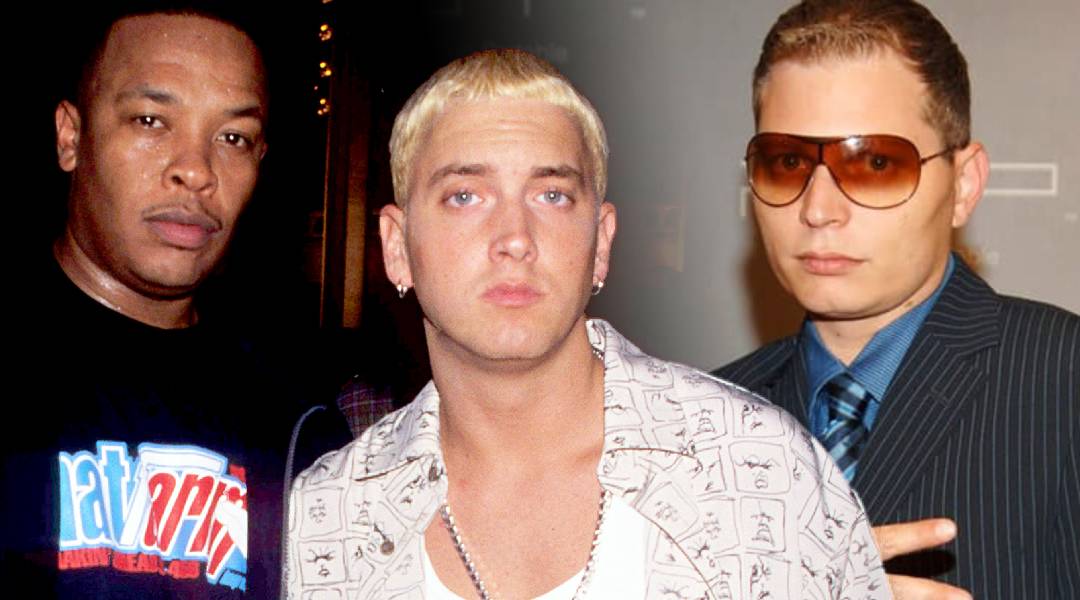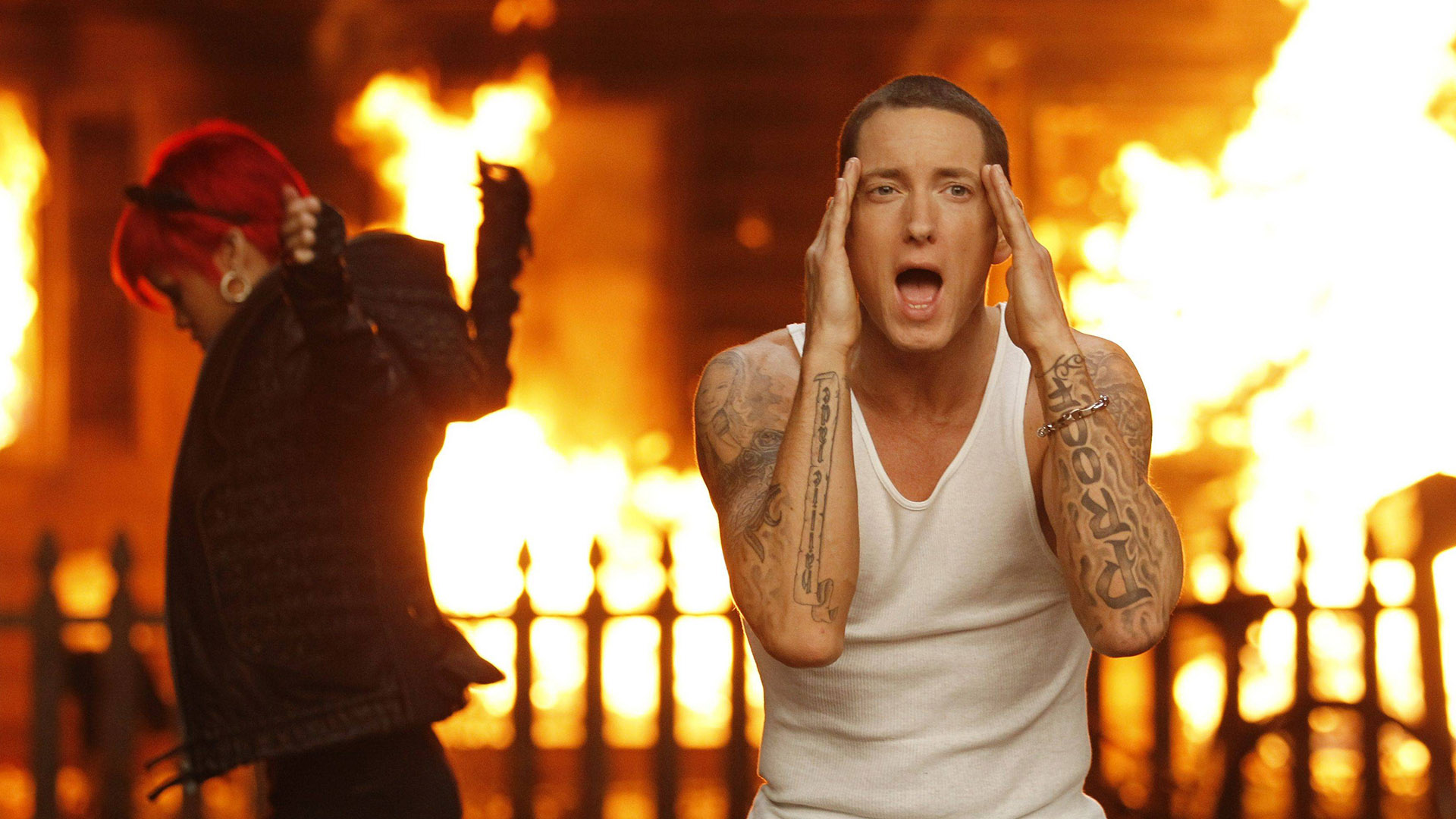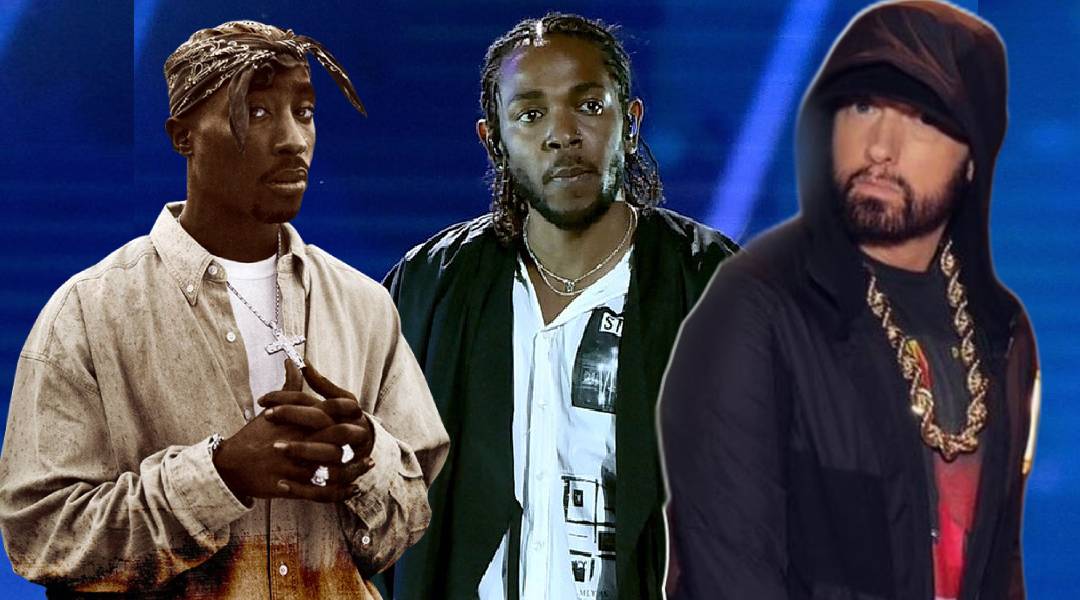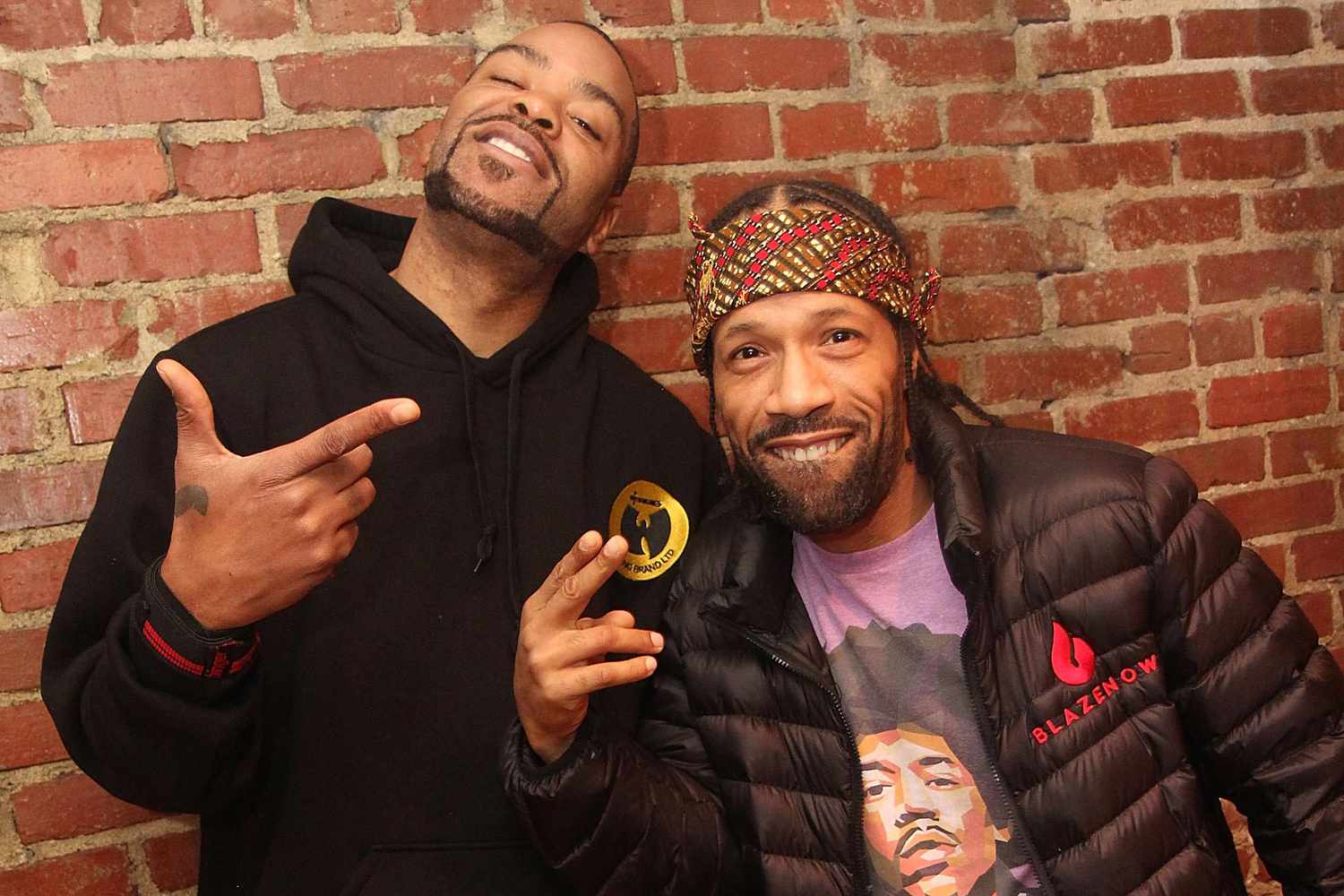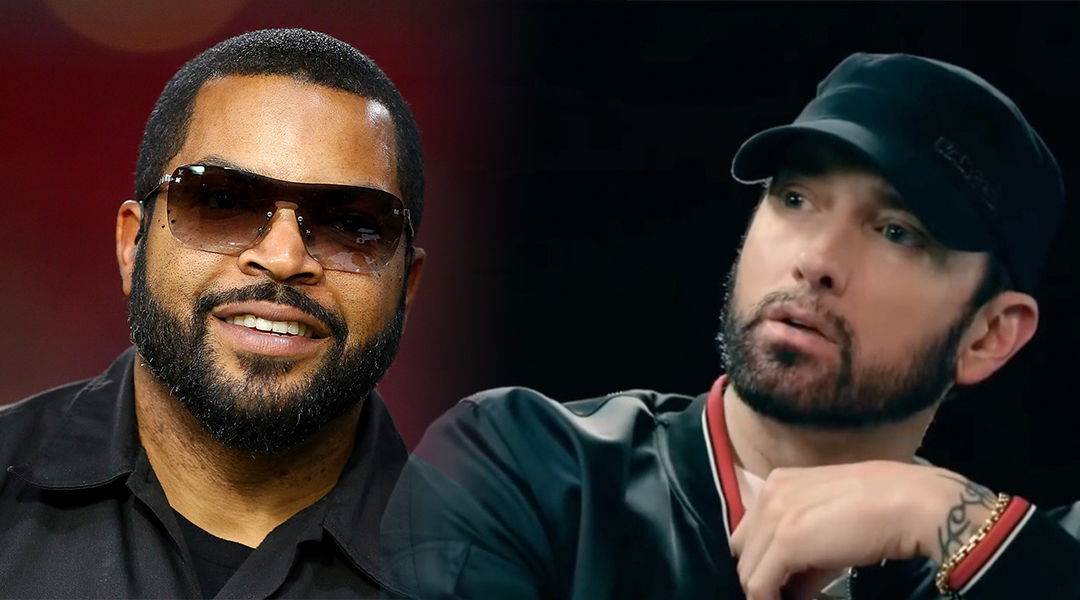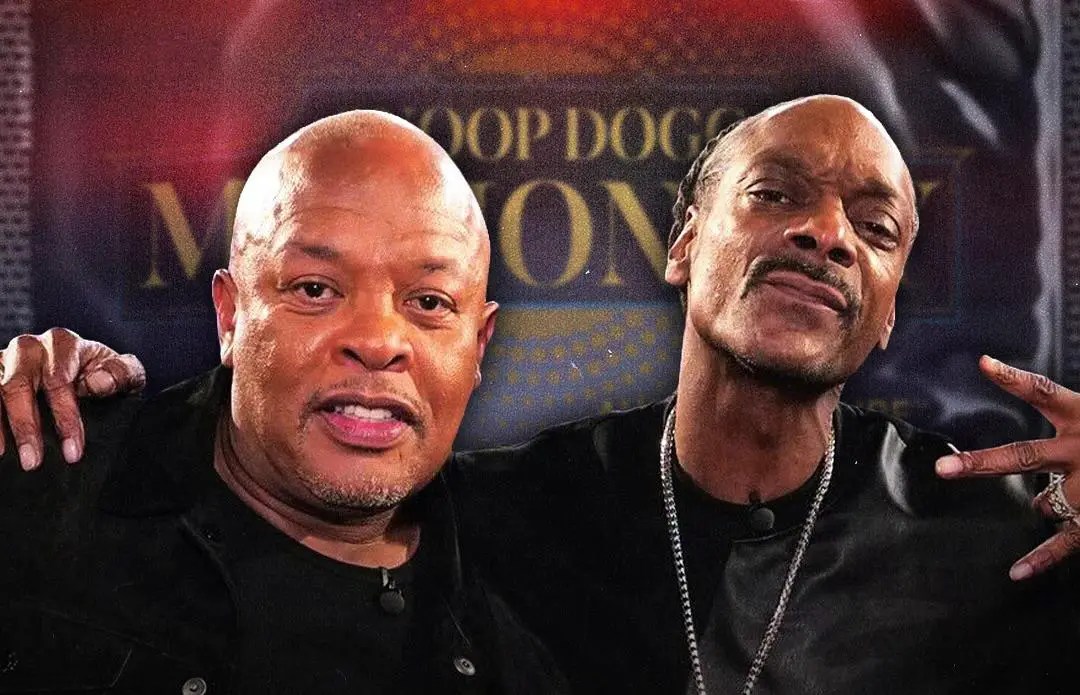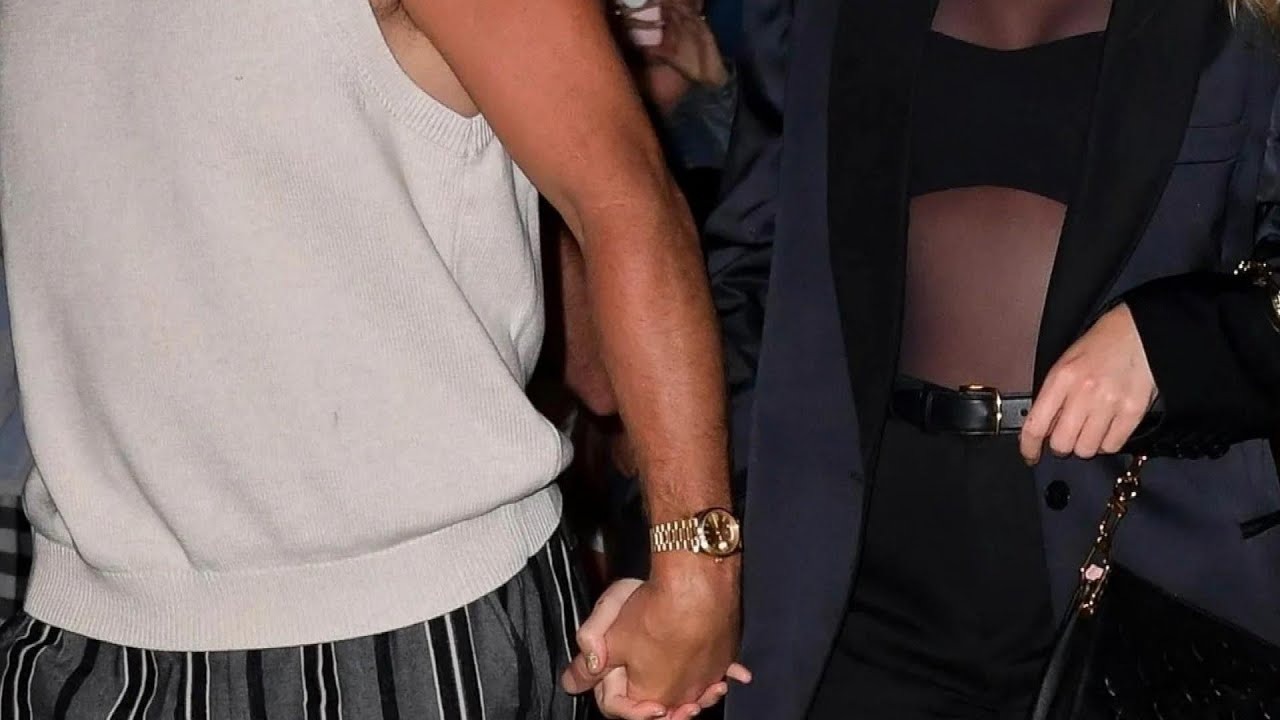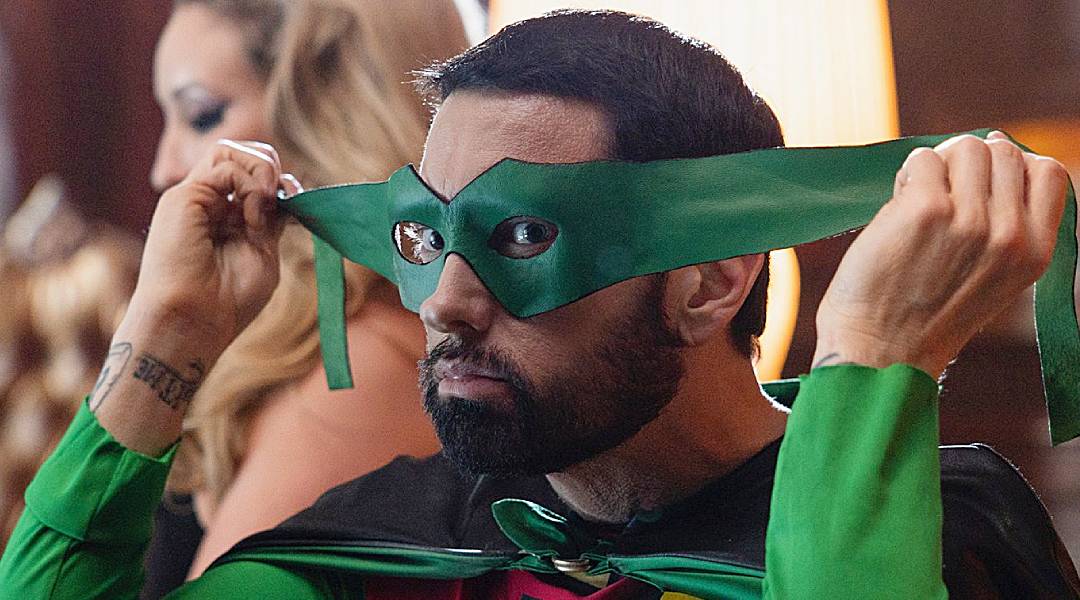In an era where social media dominance reshapes career trajectories, musicians are navigating diverse revenue streams beyond traditional avenues. For some, platforms like OnlyFans have become a lucrative side hustle, providing an alternative means to connect with fans. However, not everyone in the industry seems content with the content, as evidenced by Louisiana-born rapper Fredo Bang’s recent call-out of high-profile femcees, Cardi B and Rubi Rose.
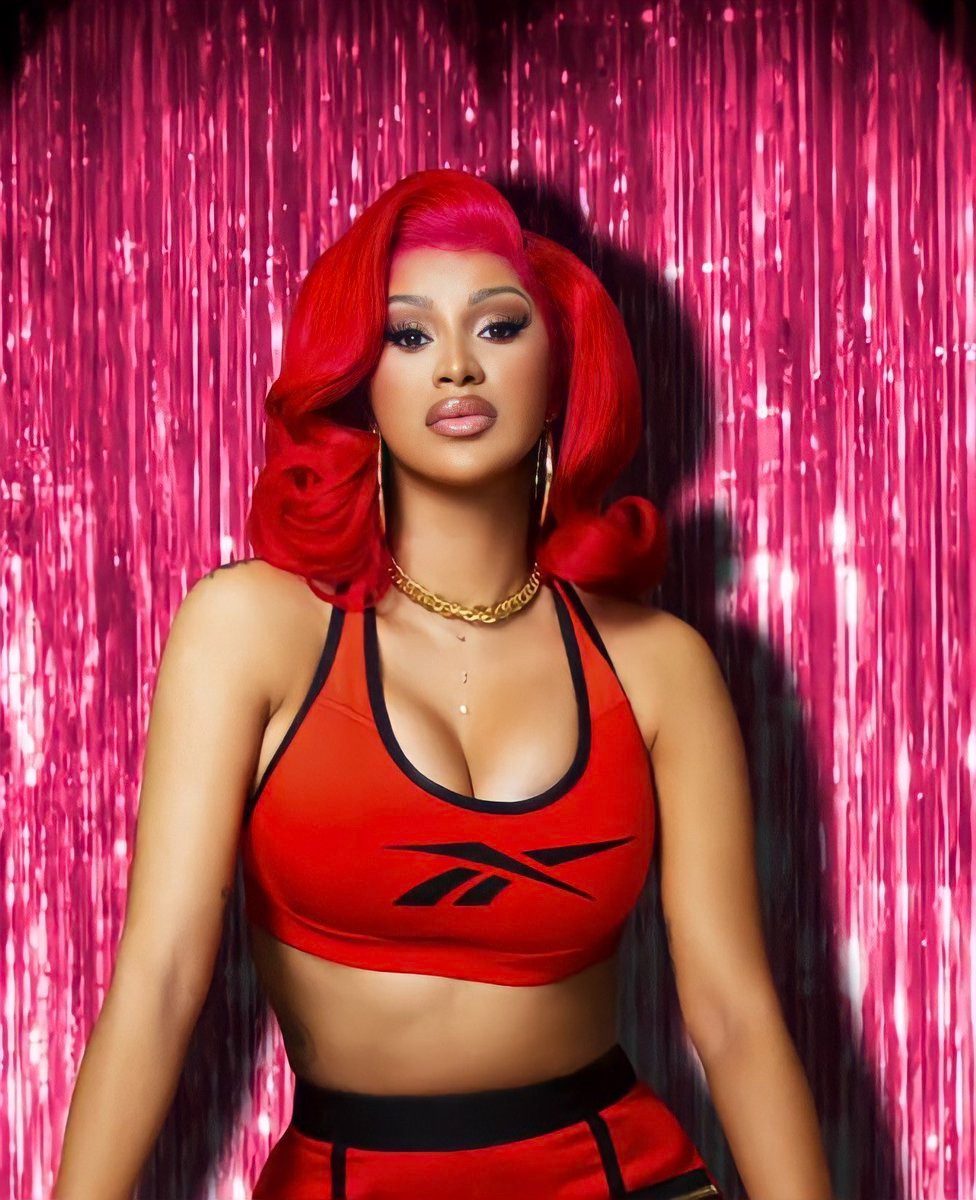
During a candid interview with Bootleg Kev, Fredo Bang expressed his disappointment with the OnlyFans content produced by celebrities like Cardi B and Rubi Rose, labeling it as “trash” and “horrible.” The 27-year-old artist didn’t mince words, urging creators, including Erica Banks and Alexis Skyy, to elevate their offerings on the platform.
Fredo Bang stressed the need for more explicit and engaging content, emphasizing, “If you on OnlyFans, pop it off, bruh. Don’t come to play.” His critique specifically highlighted the discrepancy between enticing thumbnails and the actual content, stating, “I don’t want to see you in your drawers, and when I click the picture – you got the thumbnail of you waving, pulling your drawers down but when I go to the picture, it’s just you talking to me.”

While Fredo Bang voiced his discontent with the current state of celebrity OnlyFans accounts, he acknowledged being a subscriber himself. This irony raises questions about the disconnect between expectations and reality for fans supporting these platforms.
The rapper’s critique brings attention to the broader trend of artists diversifying income sources through platforms like OnlyFans. Despite contributing to their financial success through subscriptions, Fredo Bang’s remarks underscore the demand for more explicit and engaging content, challenging celebrities to meet these expectations or face criticism.
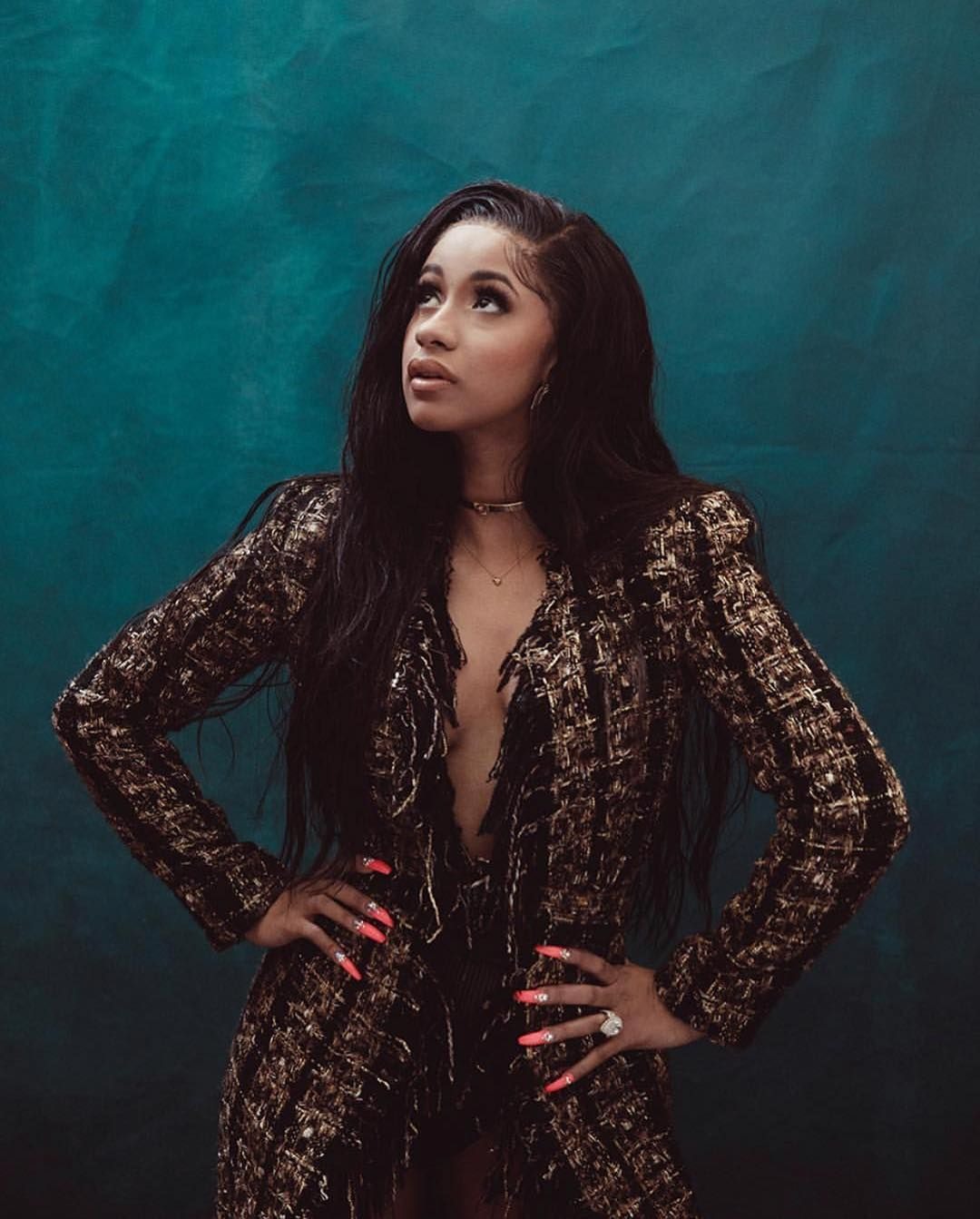
As the debate around the intersection of music, fame, and explicit content intensifies, Cardi B, Rubi Rose, and other celebrities find themselves at the center of a conversation questioning the authenticity of their OnlyFans offerings. Whether this criticism will prompt a shift in content creation remains to be seen, but it undoubtedly adds a layer of complexity to the evolving landscape of artists navigating the digital realm.

